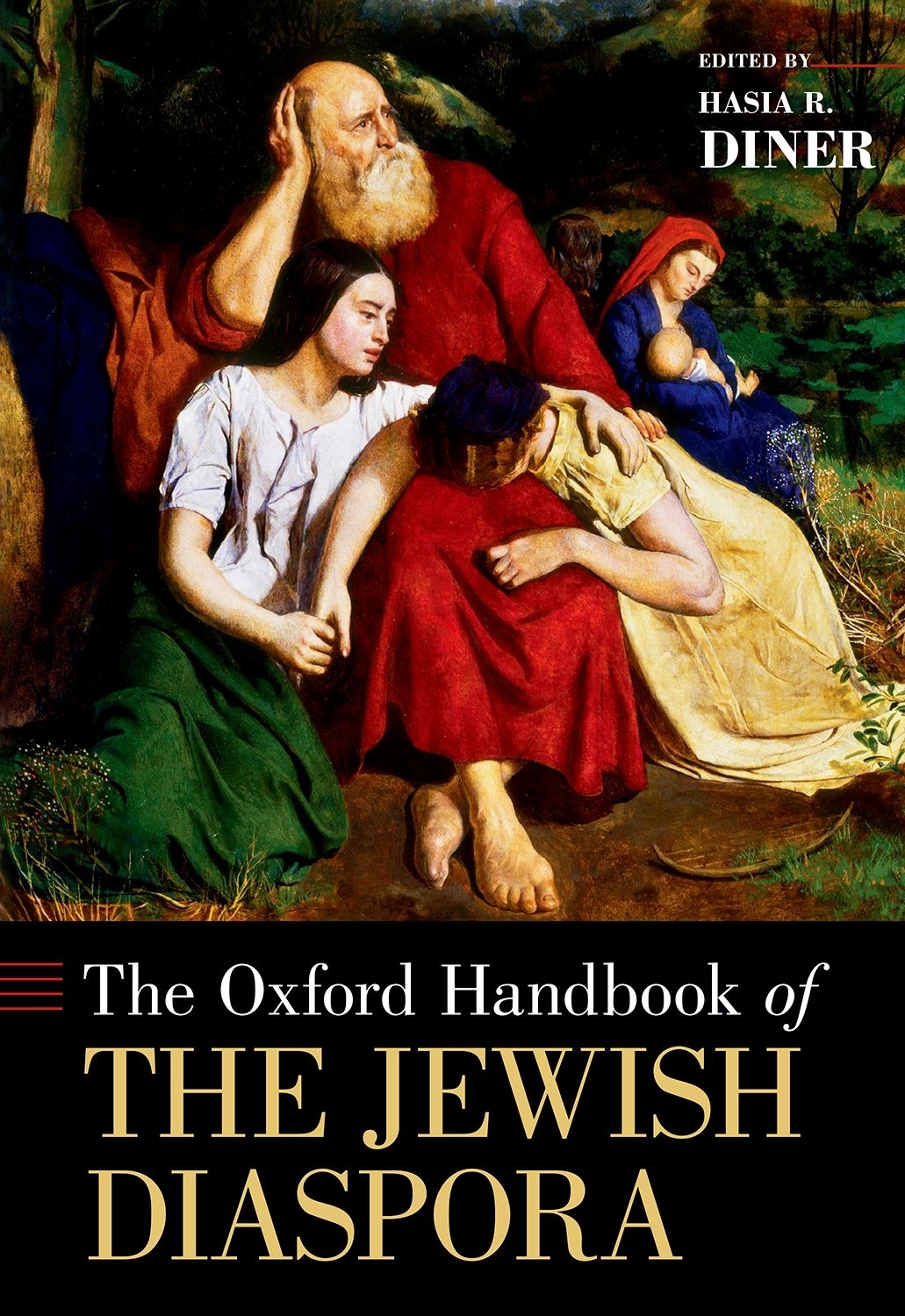

Most ebook files are in PDF format, so you can easily read them using various software such as Foxit Reader or directly on the Google Chrome browser.
Some ebook files are released by publishers in other formats such as .awz, .mobi, .epub, .fb2, etc. You may need to install specific software to read these formats on mobile/PC, such as Calibre.
Please read the tutorial at this link: https://ebookbell.com/faq
We offer FREE conversion to the popular formats you request; however, this may take some time. Therefore, right after payment, please email us, and we will try to provide the service as quickly as possible.
For some exceptional file formats or broken links (if any), please refrain from opening any disputes. Instead, email us first, and we will try to assist within a maximum of 6 hours.
EbookBell Team

0.0
0 reviewsThe Oxford Handbook of the Jewish Diaspora acts as a comprehensive collection of scholarship that reflects the multifaceted nature of diaspora studies. Persecuted and exiled throughout their history, the Jewish people have also left familiar places to find better opportunities in new ones. But their history has consistently been defined by their permanent lack of belonging. This Oxford Handbook explores the complicated nature of diasporic Jewish life as something both destructive and generative. Contributors explore subjects as diverse as biblical and medieval representations of diaspora, the various diaspora communities that emerged across the globe, the contradictory relationship the diaspora bears to Israel, and how the diaspora is celebrated and debated within modern Jewish thought. What these essays share is a commitment to untangling the legacy of the diaspora on Jewish life and culture.
This volume portrays the Jewish diaspora not as a simple, unified front, but as a population characterized by conflicting impulses and ideas. The Oxford Handbook of the Jewish Diaspora captures the complexity of the Jewish diaspora by acknowledging the tensions inherent in a group of people defined by trauma and exile as well as by voluntary migrations to places with greater opportunity.